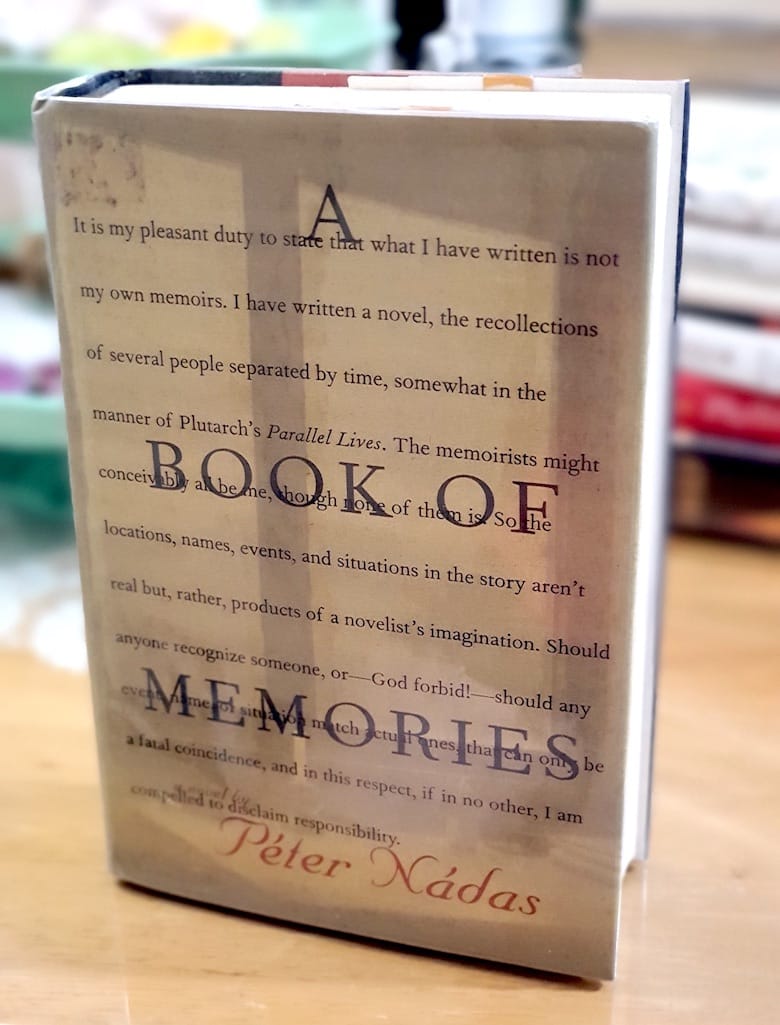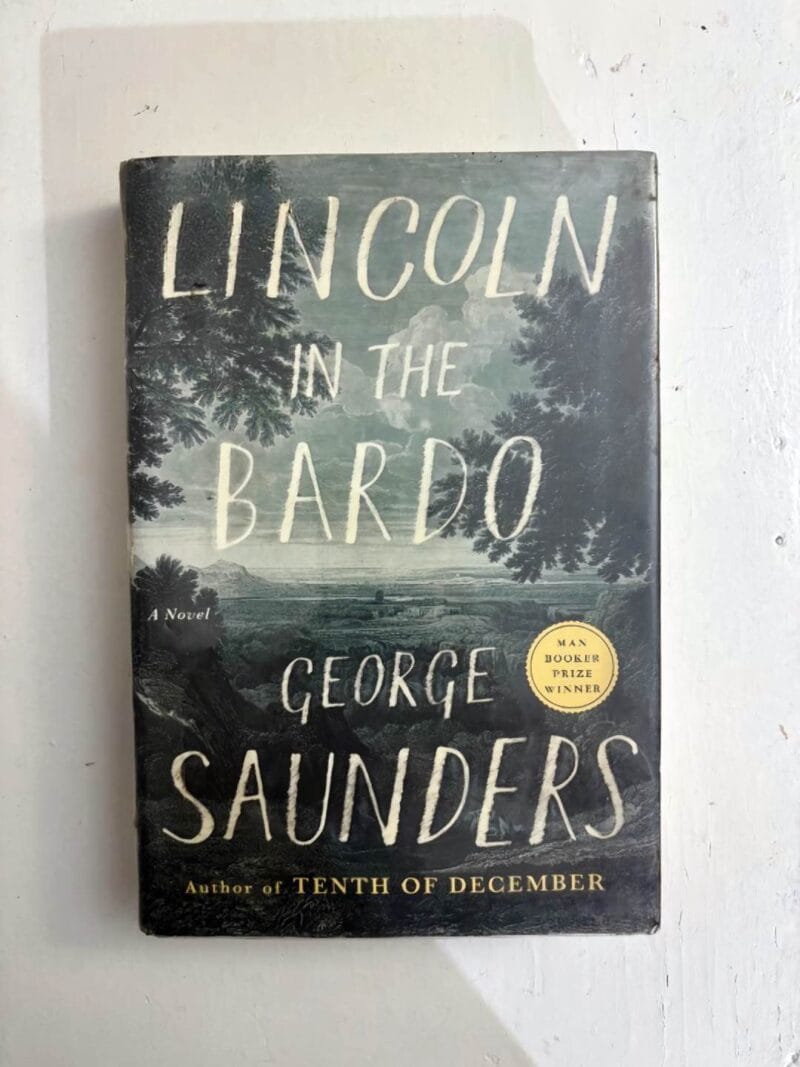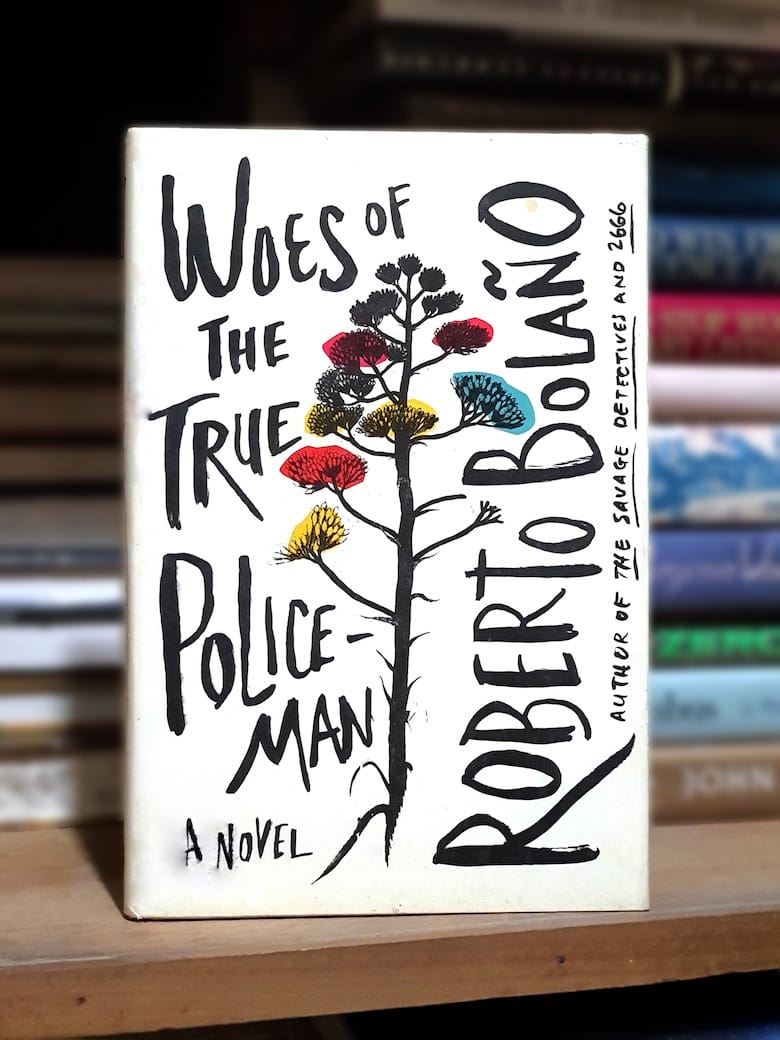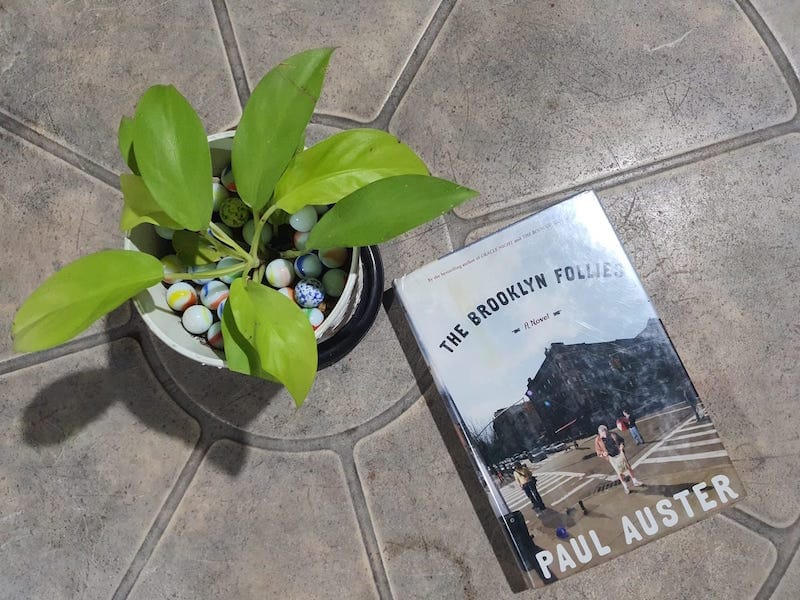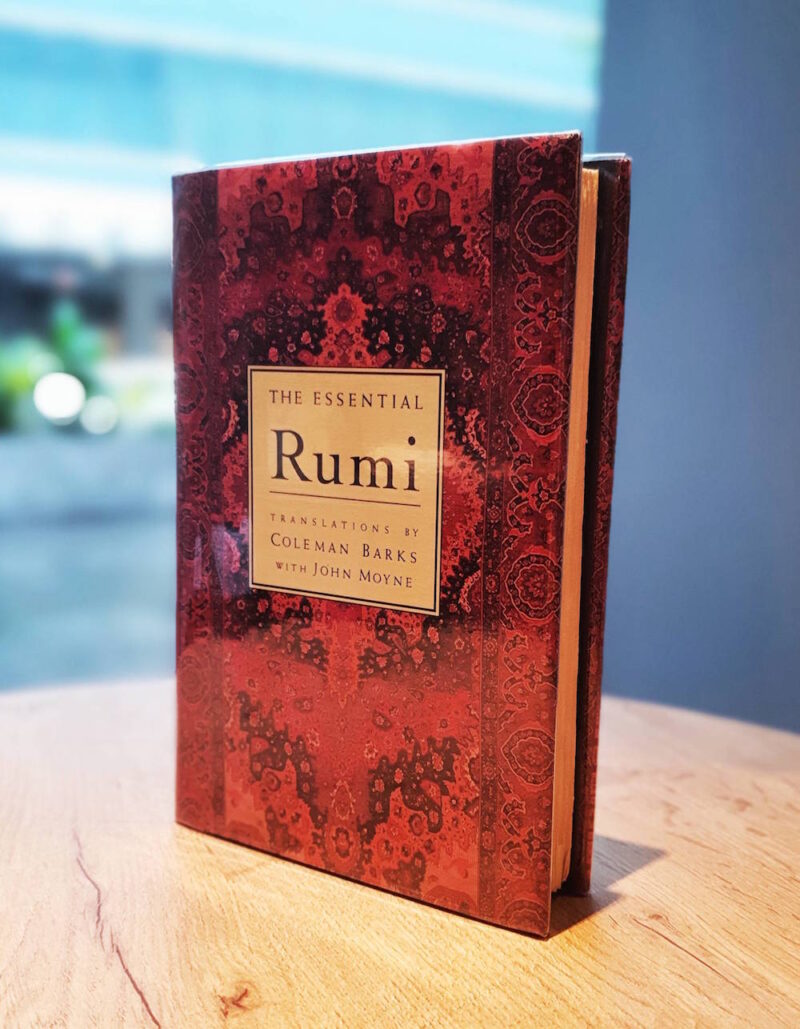A Book of Memories (1986) is a beautiful book that tells three separate narratives. The first story is narrated by a Hungarian author who is involved in a love triangle with a German poet and a famous actress. The second story is narrated by a fictional character from the author’s own novel-in-progress which takes place in Germany during the early 1900s. And lastly, the third story is told by the author’s childhood friend when they reunited through a chance encounter in a Moscow hotel.
In the book, the three narrators each tell a story from their recent past. However, each story is unique to each narrator, and therefore the three narratives are telling quite different stories. These contradictions are perhaps due to the different perspectives of the different narrators and how their memories are affected by what happened to each of their lives. Each person is different in their own life, and these differences result in different perceptions of reality.
The first and third narratives, in particular, show how two people, one who is experiencing a crisis in their life and the other who is in the midst of a crisis in theirs, come to rely on each other for support. The author of the book, Peter Nadas, uses the three narratives to explore the topic of remembering. The perspectives go from remembering someone who has passed away, remembering a large part of one’s own past, and remembering an experience that doesn’t really need to be remembered.
Memorable Quotes
If one could learn the most important things in life, one would still have to learn how to keep quiet about them.
I might say, then, that while my eyes, tongue, and ears savored the pleasure of the morning’s unchanged old-fashioned order, my mind’s eye viewed its own joys, reminiscent of its childhood, from the greatest possible distance, and as it did, I suddenly grew old.
Further Reading
The Last Book I Loved: A Book of Memories by Rose Gowen, The Rumpus
A Writer Who Always Sees History in the Present Tense by Michael Kimmelman, The New York Times
Proust? Ha! by Michael Hoffman, London Review of Books

